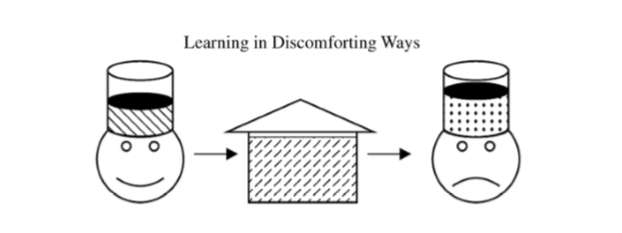Unlocking the Generosity, Collaboration, and Curiosity
By The UnknownApril 7, 2015 - 09:46

I am in a kindergarten classroom. The teacher in my classroom, but also all of the adults I have met, use a harsh tone with their students. This has been the most difficult and problematic part of my praxis. I was not yelled at a lot when I was a child, and when I was, I did something severely wrong first and often my parents had tried many other options before they decided to raise their voice. Unfortunately, the children have become accustomed to this severe mode of giving directions and often will not listen or follow instructions until they are delivered in this manner.



